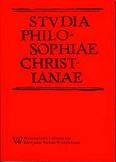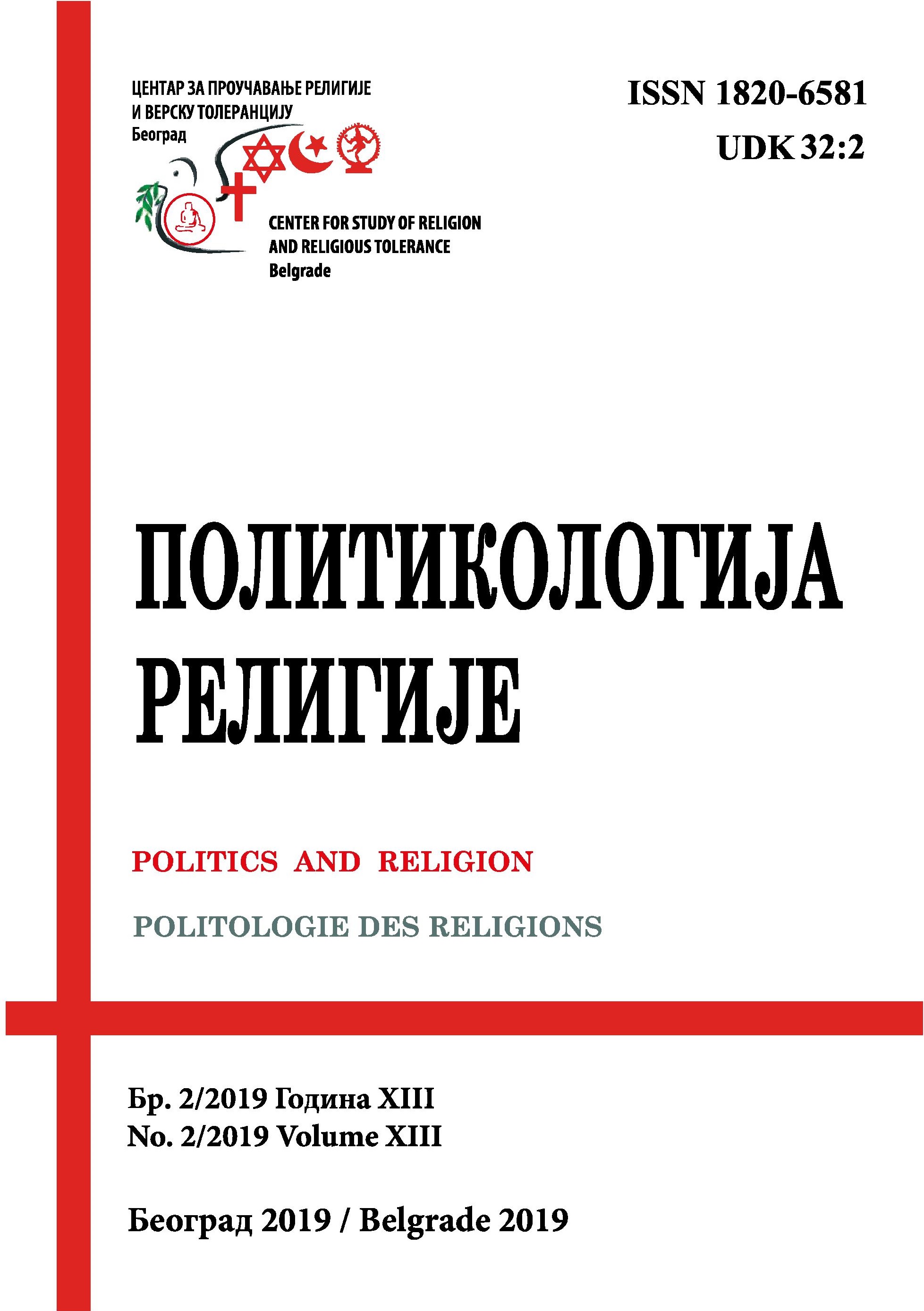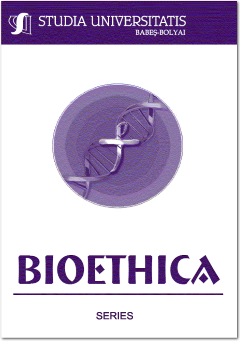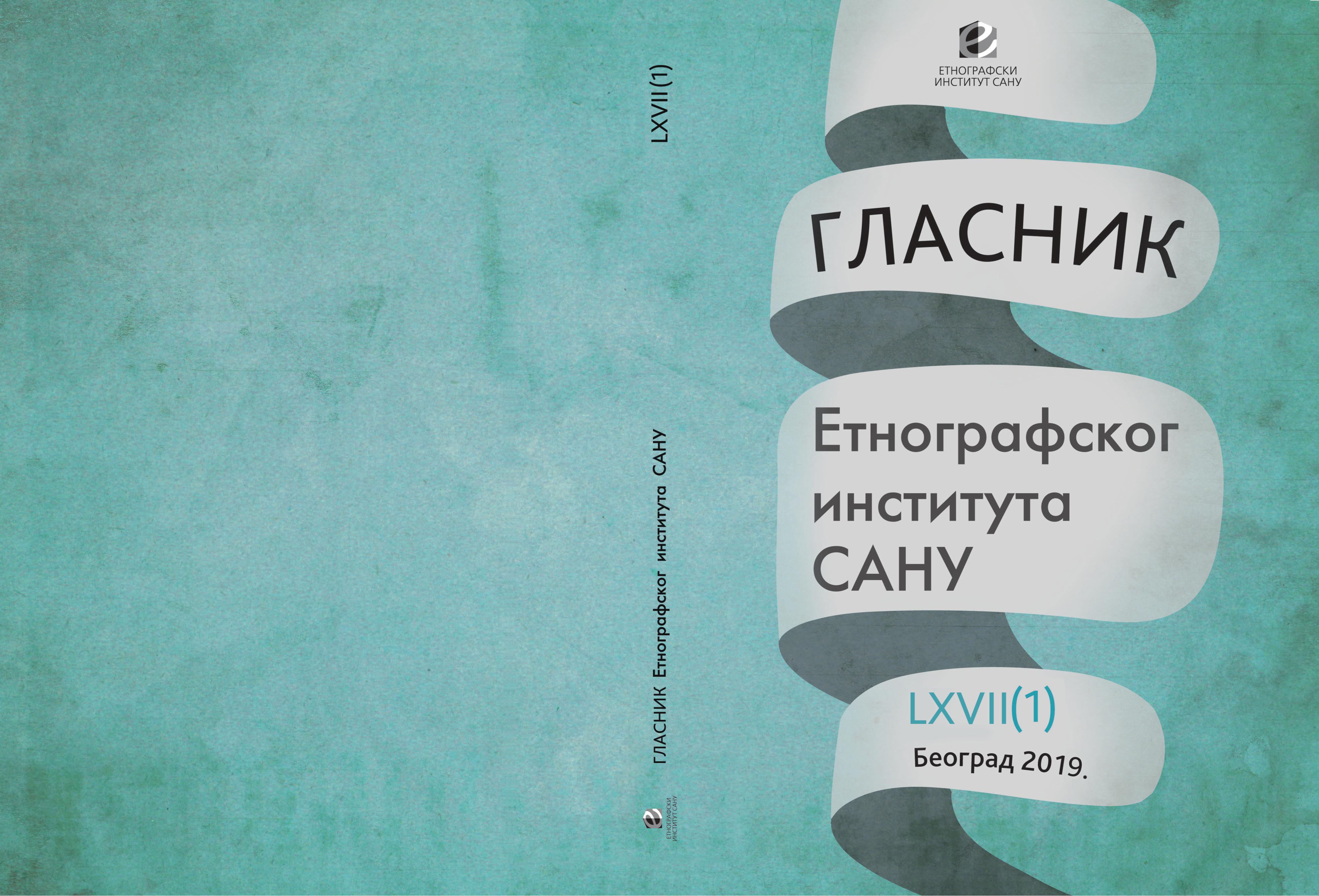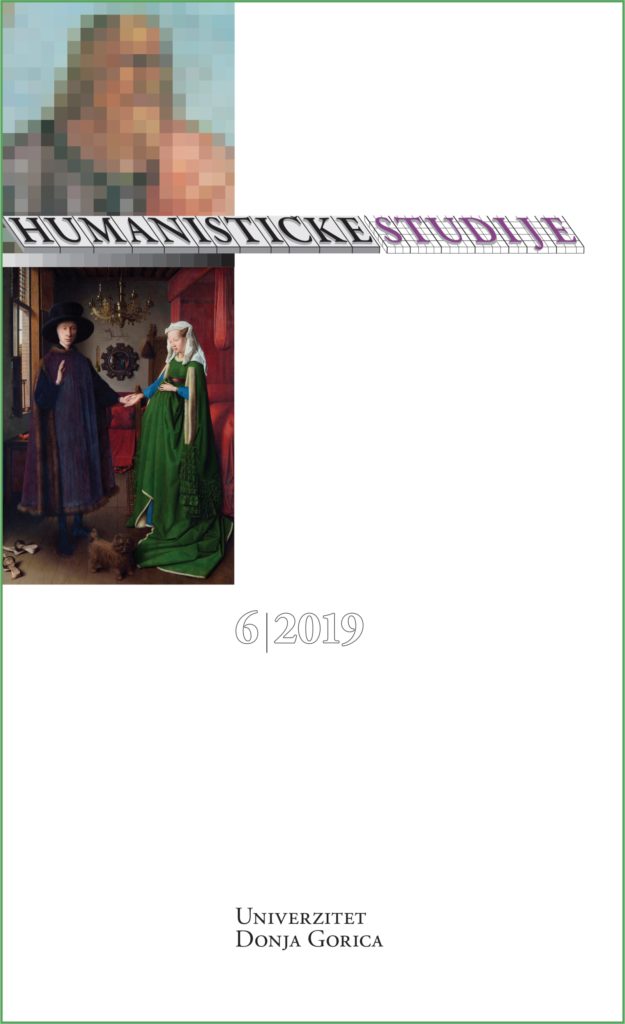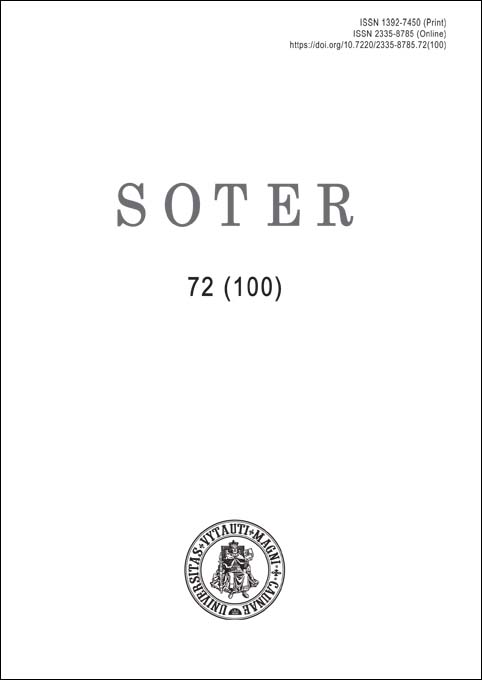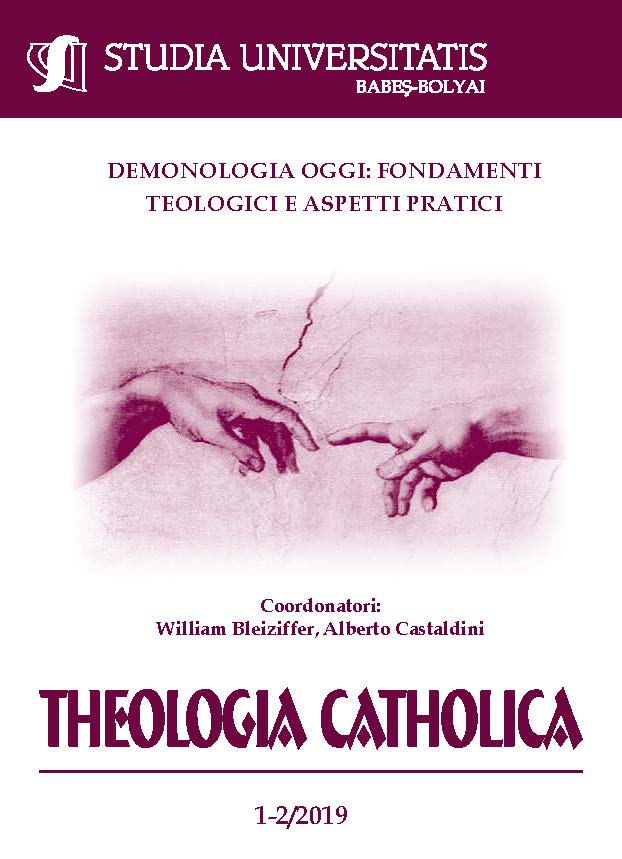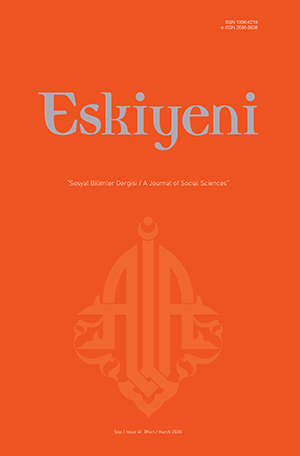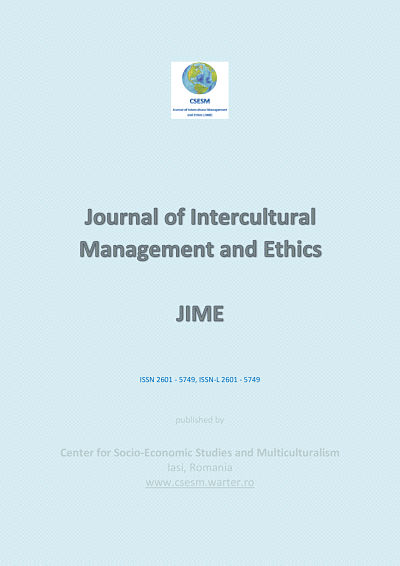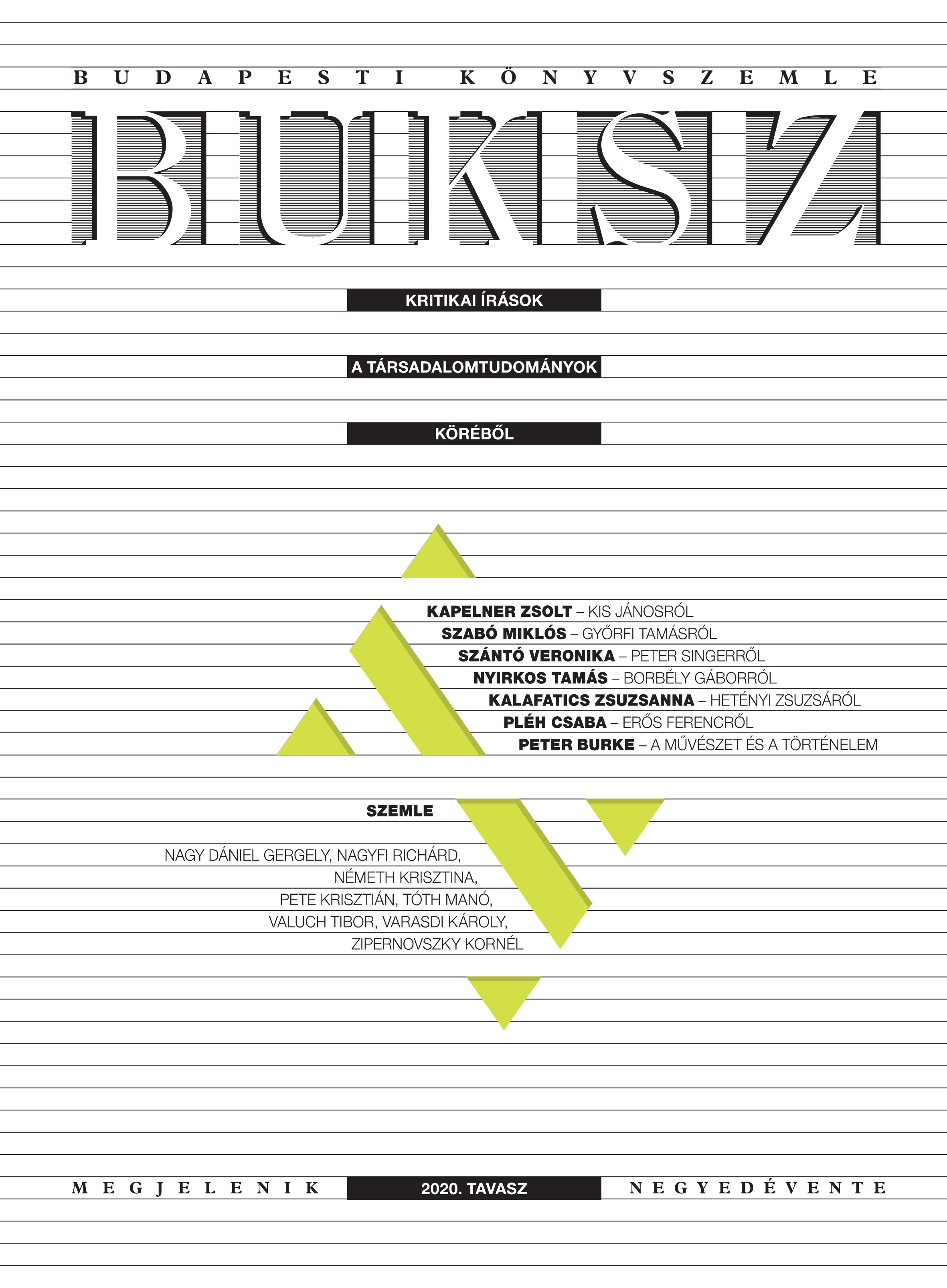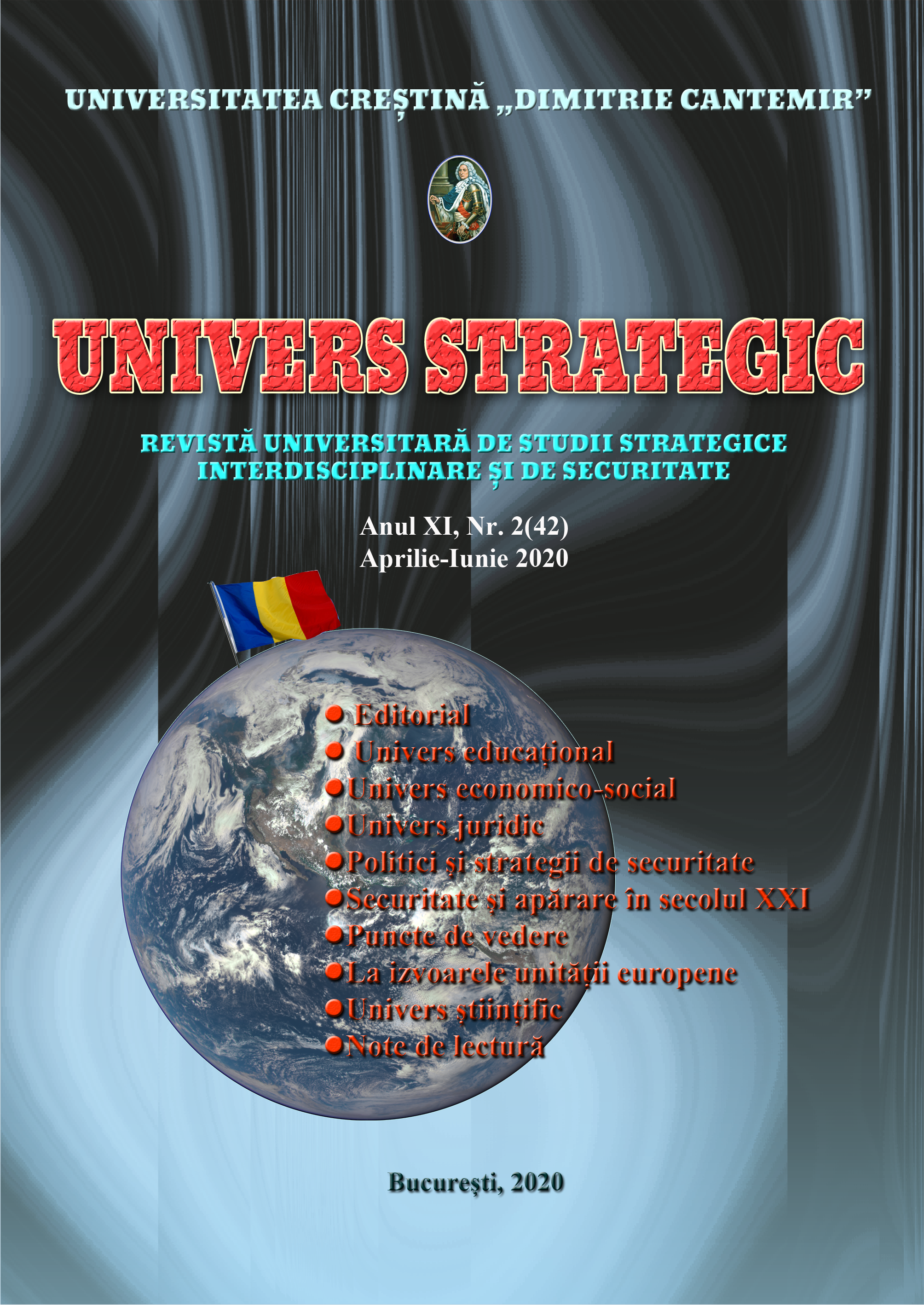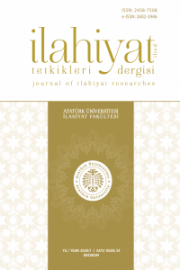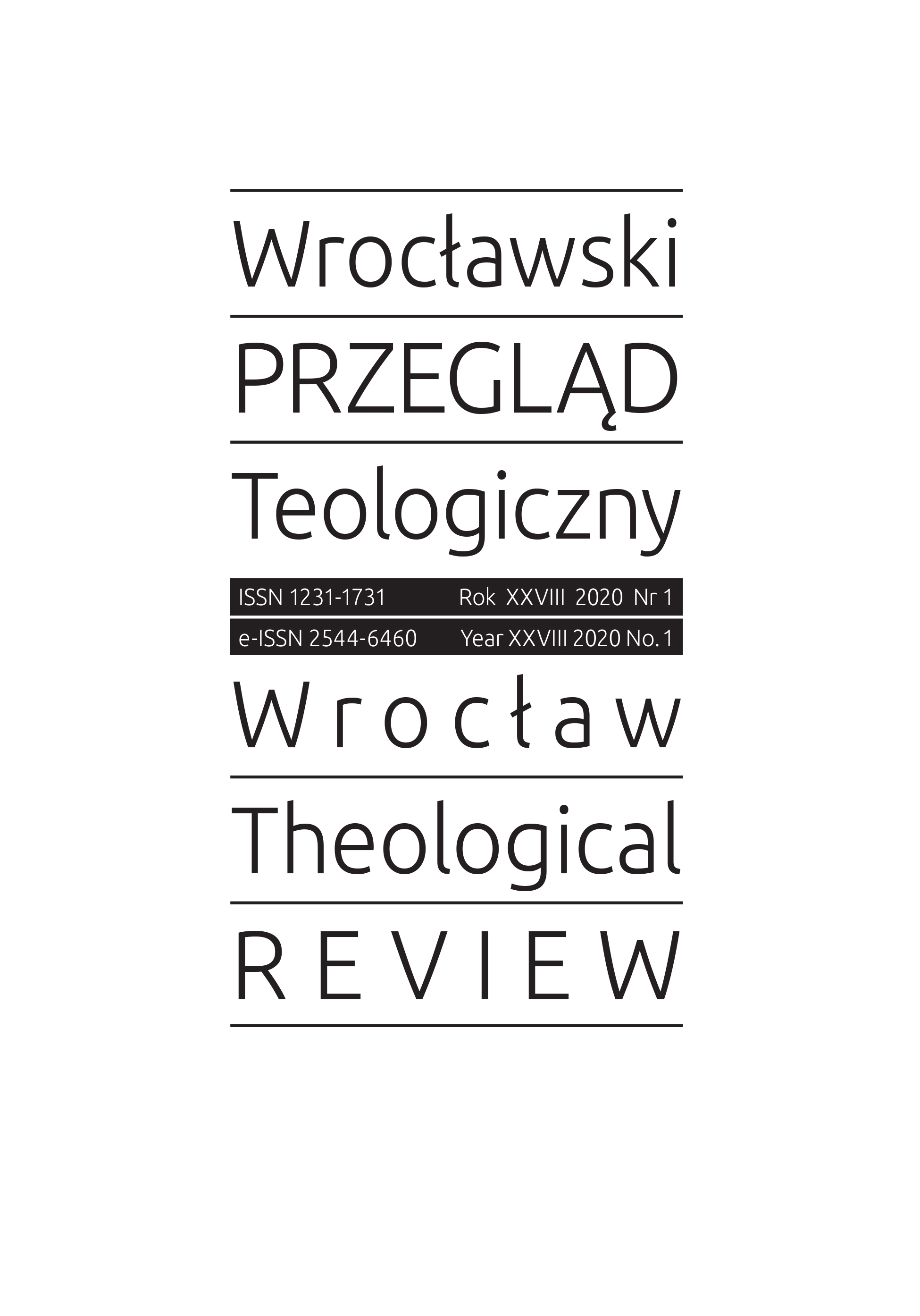Author(s): Abdulkadir Demir / Language(s): Turkish
Issue: 40/2020
The Qur’ān is a clear and understandable book that was revealed as a guide and a source of true path for humanity. Since its revelation, the most accurate understanding has been the main subject of the interpretation. Many studies have been performed in this field. One of them is the work of Fakhr al-Dīn al-Rāzī titled Mafātīh al-Ghayb. In this work, al-Rāzī, who has largely provided positive information, observations and experiments, has received many criticisms especially on astronomy. In this study, which we aimed to reveal Rāzī’s interpretations of meteorological events, which were first in philosophy and later in astronomy, we aimed to address his comments and today's data and make a brief comparison and we tried to identify conflicting and conflicting points. In doing so, we tried to avoid from detailed discussions. Meteorological events are the events that we encounter every day and feel it’s positive or negative effects. These events, which occur in the atmosphere surrounding our planet, are comprehensible and become more useful with the help of positive sciences such as mathematics, physics and chemistry. Today, meteorology is considered as an independent science and high-tech instru-ments and methods are used to obtain its data. In this way, more realistic information and data can be obtained.When interpreting the meteorological expressions in the Qur’ān, al-Rāzī included the lexical meaning of the words in the verses and made different preferences from place to place in terms of their literal (zahirī) and esoteric (bātinī) meanings. al-Rāzī, who emphasized oneness of God (tawhid), the prophethood (nubuwwāt) and judgement day (ma‘ad) in all the verses in this context, never expressed any opinion about the approval of the Qur’ān by science and did not prefer any determinist understanding that can be summarized as cause and effect relationship. For example, he assessed all the knowledge that were revealed by the scientists of his time or earlier about the occurrence of rain and that expressed the cause and effect relationship, as possible beings in terms of Kalam, and stated that all these things are in need of a Creator that is Allah. al-Rāzī has, who discussed whether the rain comes from the sky or from the cloud at length, argued in the interpretation of different verses that sometimes rain came from the sky, and sometimes from the cloud. In the interpretation of some of the verses, al-Rāzī who had pre-cautionary approach to the fact that every drop of rain came down through an angel, accepted the approach that it was neither more nor less and it is just as much as the needs of the local people, based on the measure word mentioned in verses related the occurrence of rain in a certain amount. He also states that there are some signs of rainfall and that this situation can be understood from these signs, but he thinks that will not be certain. al-Rāzī, who also thinks of two possibilities regarding the "de-scending of the mountains that are full of hail" and mentions that both may be possible, conse-quently stated that he preferred to consider the verse in a literal sense.al-Rāzī, who also touched on the subject of cloud as one of the meteorological events, and evalu-ated its formation, position and movements within the context of the principle of tawhid and said that clouds are the beings moving by Allah’s command and that only Allah decides where and how long they will stay. Regarding the kinds of clouds, he also discussed two kinds of clouds in the context of the relevant verse and dealt with the subject in the context of fate and wisdom. He also argued the relationship between the cloud and the wind then emphasized the creator's principle of “the measure” in the universe regarding the formation of winds by the movement of clouds and the placement of them within the framework of the principle of tawhid. He interpreted the ‘rain-bearing clouds’ as ‘hurricane clouds’ or as ‘clouds forced by wind to rain’. al-Rāzī, also evaluated the subject of formation and movements of winds and objected to the philosophers’ and chaldeans’ opinions and emphasized that it was absolutely Allah who provided this formation and movement. By interpreting the available knowledge about the types of winds, he emphasized the benefits of winds, and especially prioritized their being inoculant and con-tented to convey information and comments on the subject. He considered lightning, one of the meteorological events perhaps the most interesting one, as a miracle, however he objected to the energy that was said to be in the cloud, saying that it is unlikely, but that such a thing could happen with God's creation. al-Rāzī, who also emphasized the lightning as fear and hope, evaluated the subject within the framework of social and regional conditions.He didn’t consider the rumors about thunder as “voices of angels” as highly unlikely by taking into consideration of different interpretations and even the comments of the Sufis. It can be said that al-Rāzī tried to come to a conclusion based on the idea that every creature typically glorifies the Creator. Expressing the thunderbolt interestingly, conveyed information about its structure and forms of realization and, consequently handled it at the point of the evidence of tawhīd. In this study we discussed al-Rāzī’s work, which can be considered as one of the first in the field of commentaries. Based on his work, we can say that we did not see the approval of the Qur’ān by science, which we frequently encounter in the studies carried out especially in the modern period and which has been widely criticized by some experts. Conversely he included the subject within the framework of tawhīd, the prophethood (nubuwwāt) and judgement day (ma‘ād). When al-Rāzī’s comments are examined, it will be seen that some knowledge is far from being updated and even contradicts with contemporary scientific knowledge. This should not be regarded as a fault due to lack of data at the time of the author. On the contrary, we are of the opinion that it would be more accurate to address the subject within the framework of developments of positive sci-ences. As a result, it can be stated that the need to reinterpret the verses and bring further expan-sions to the guidance of the Qur’ān clearly continues to exist.
More...


